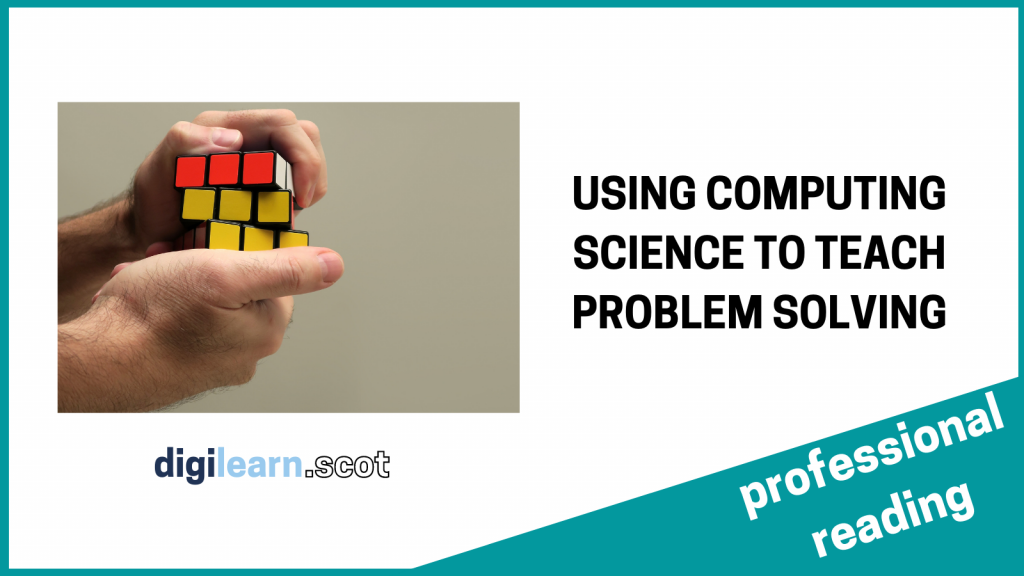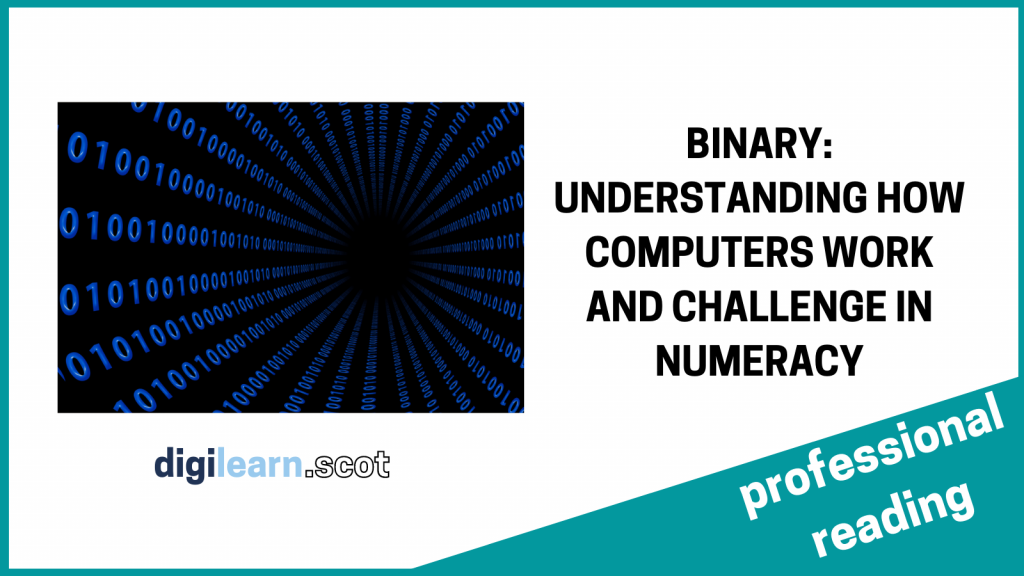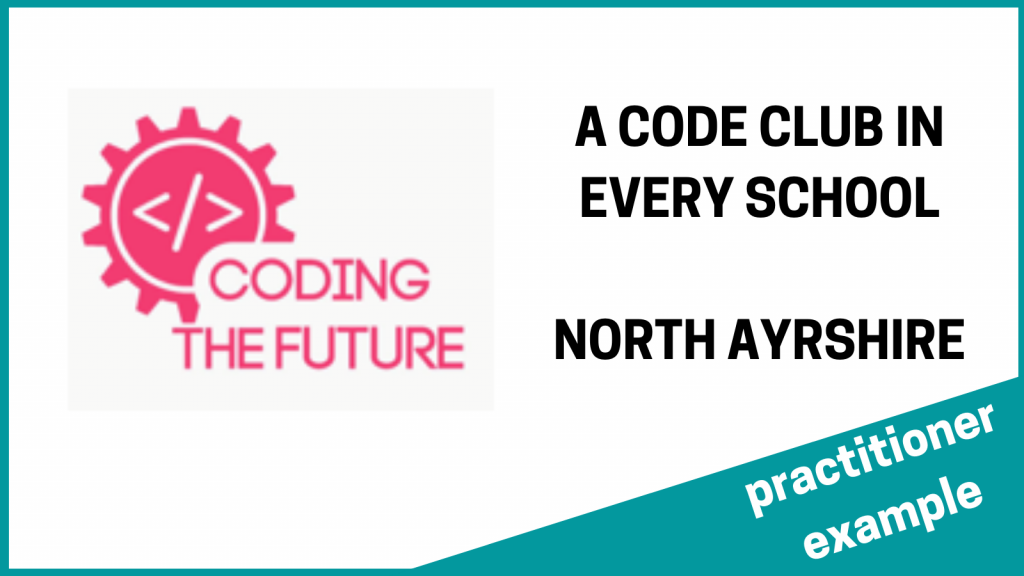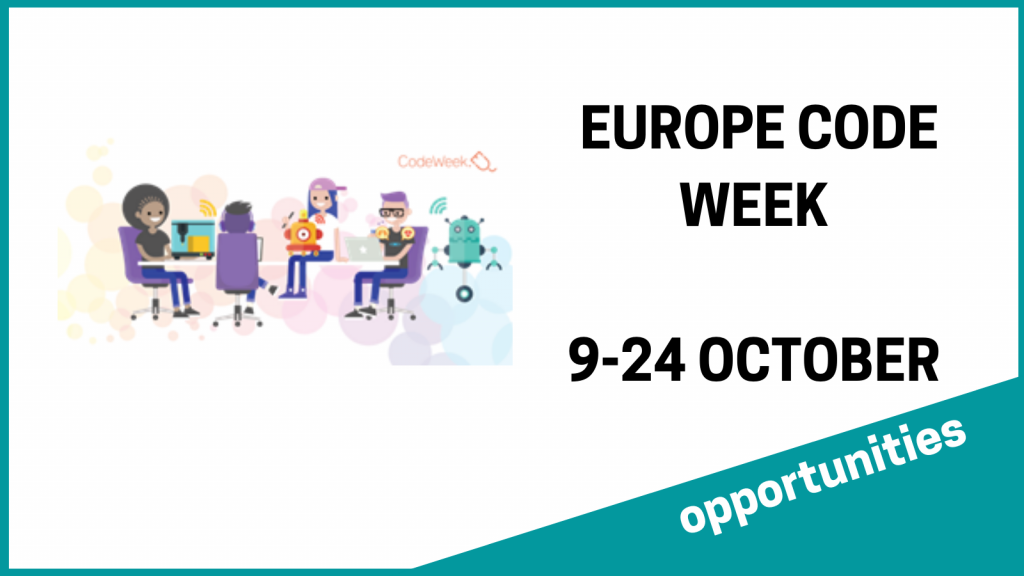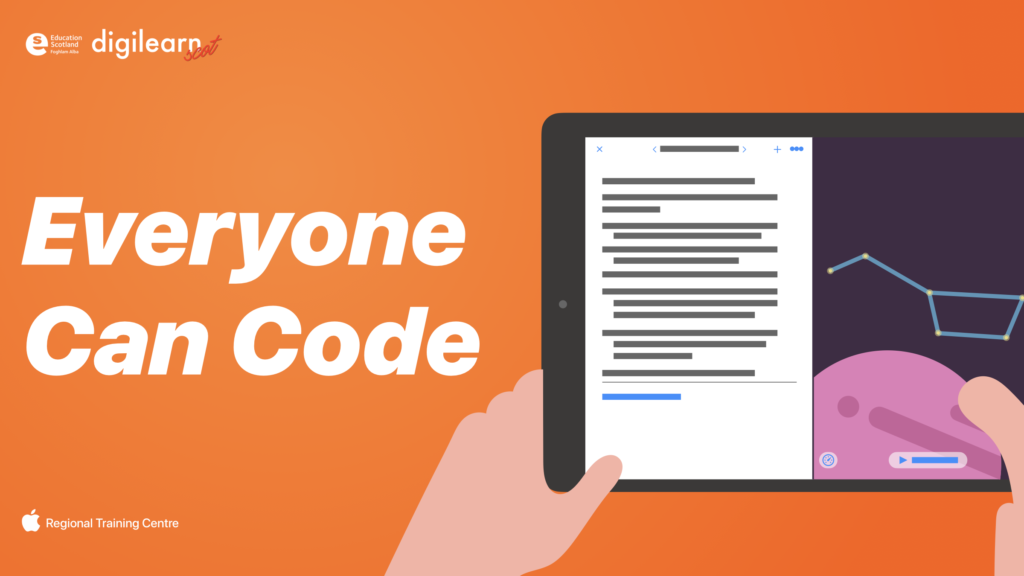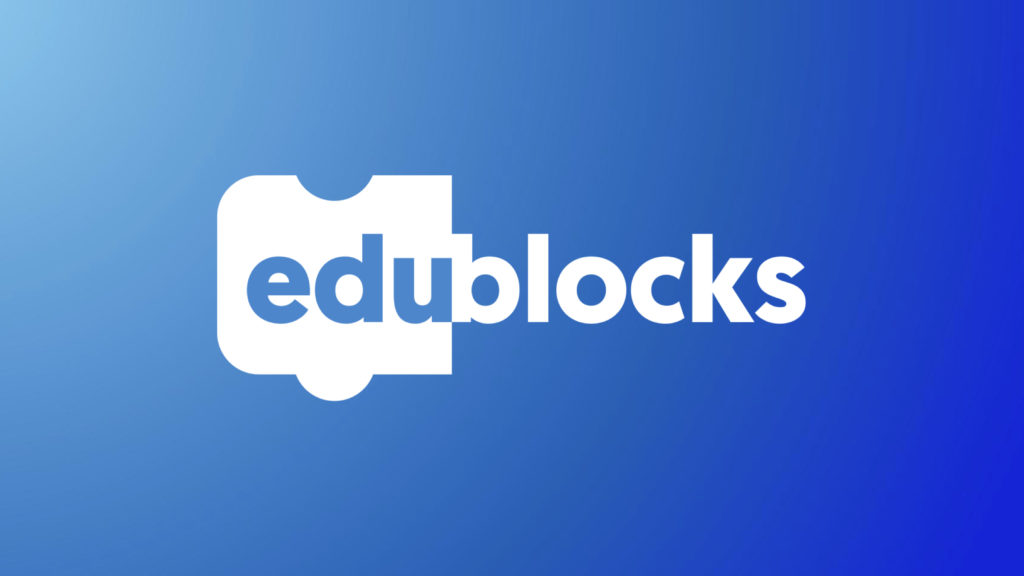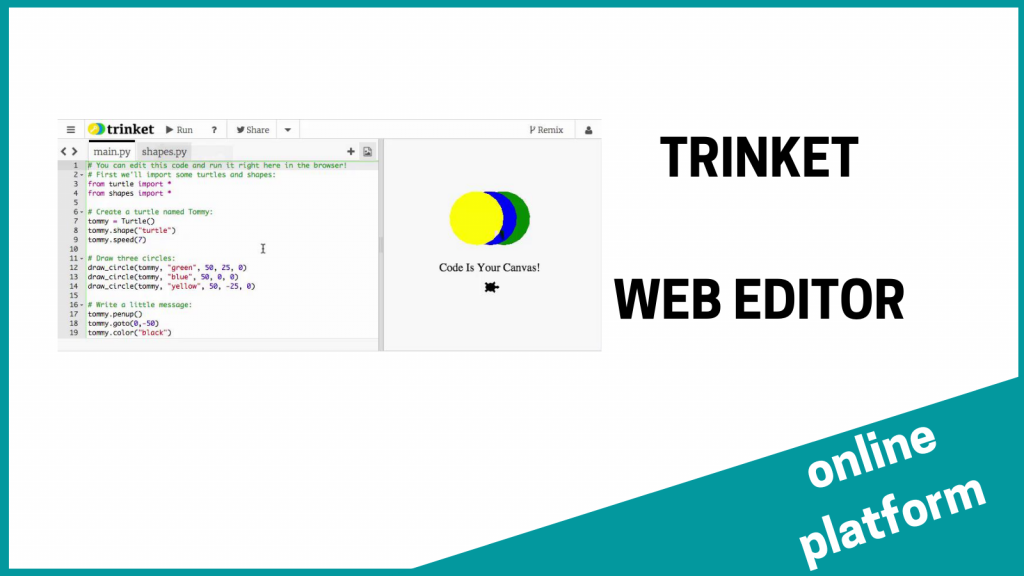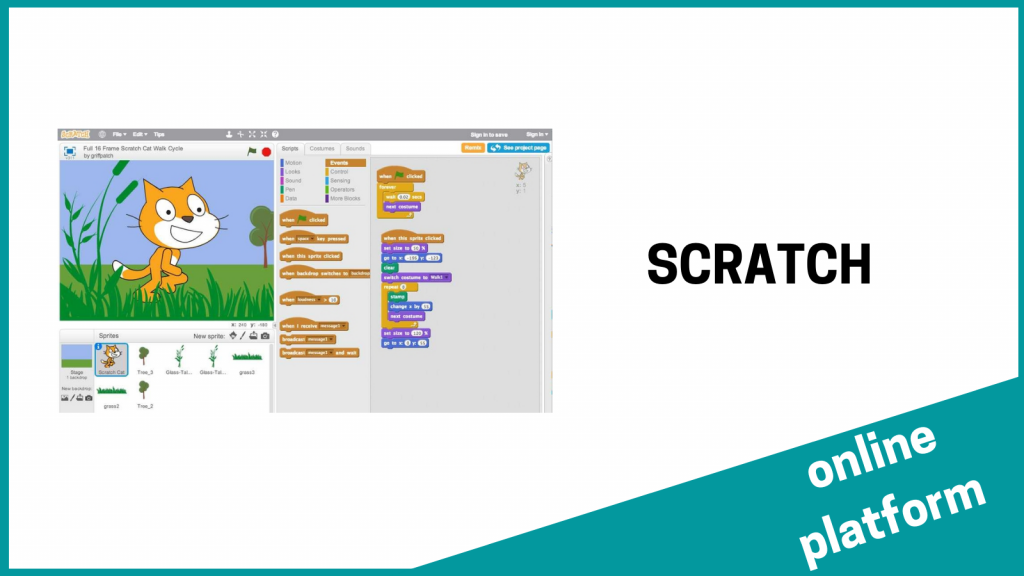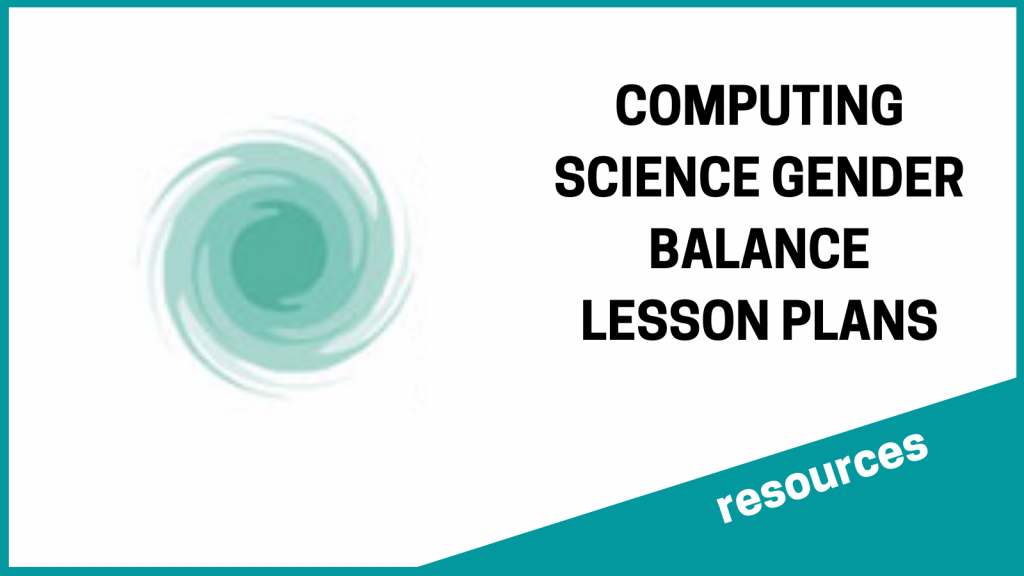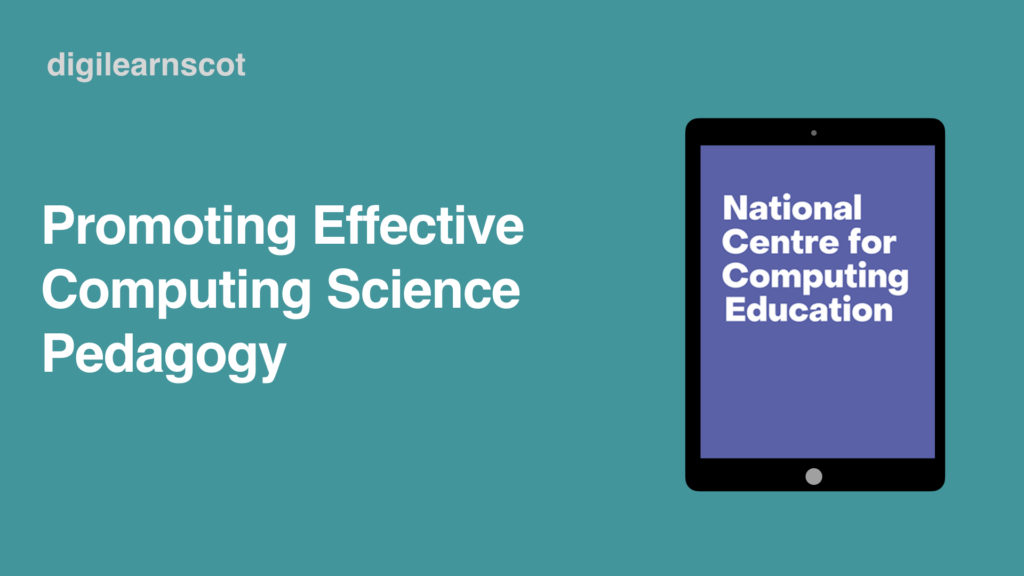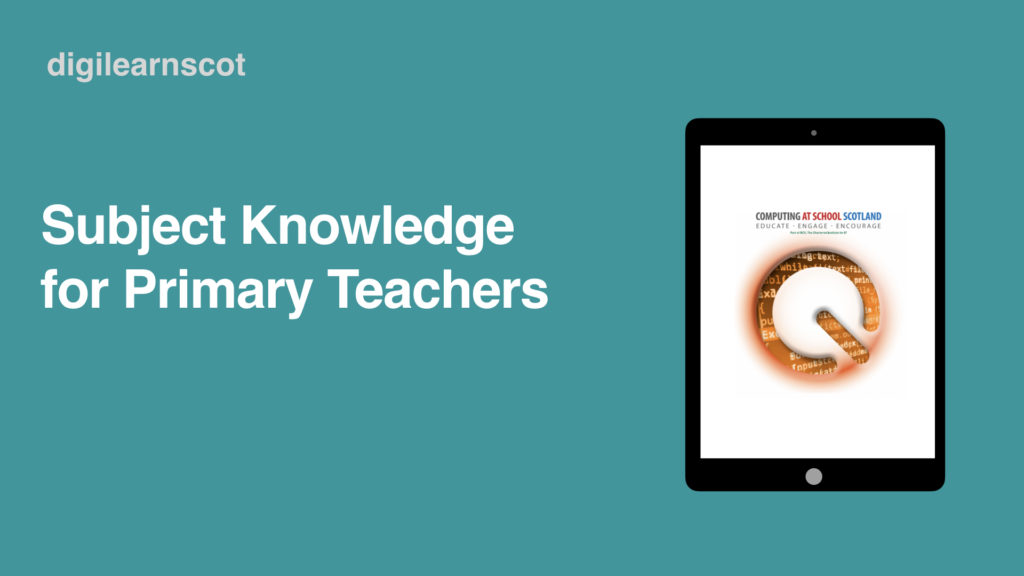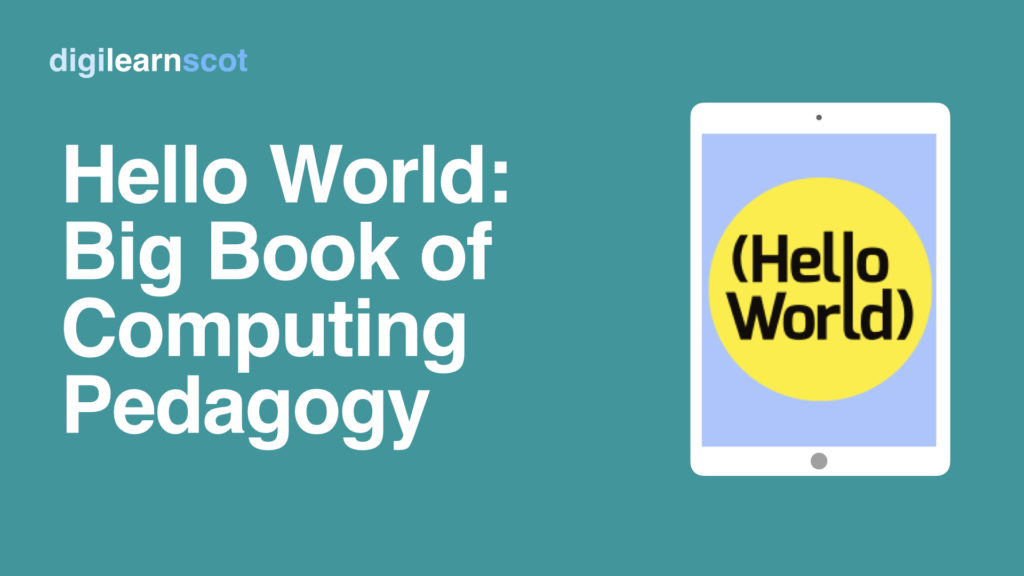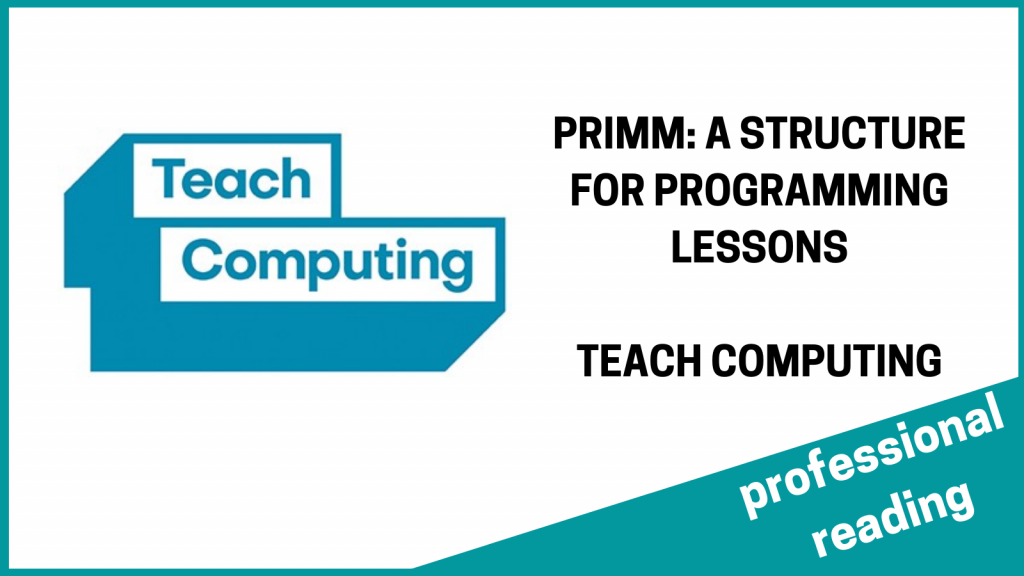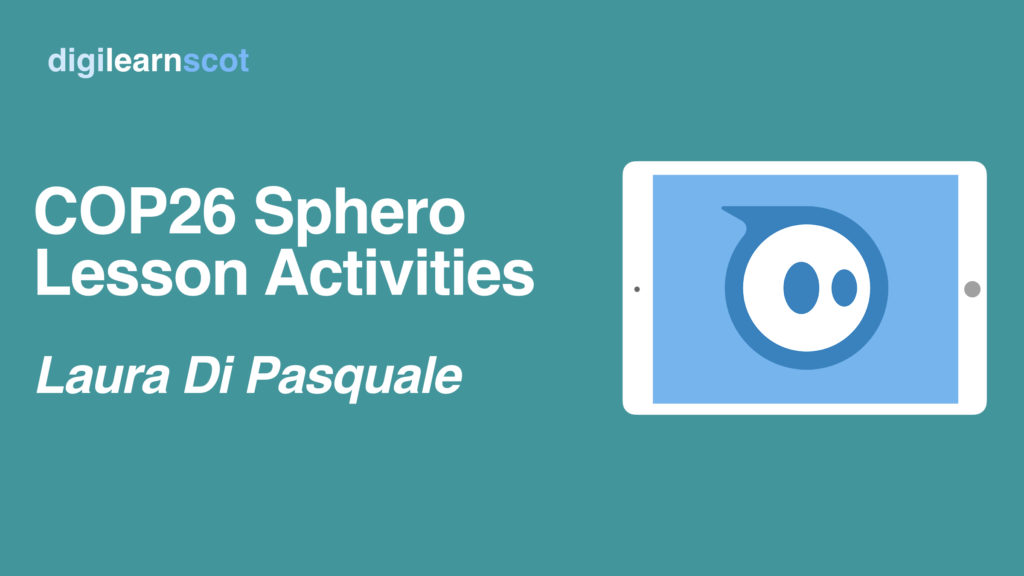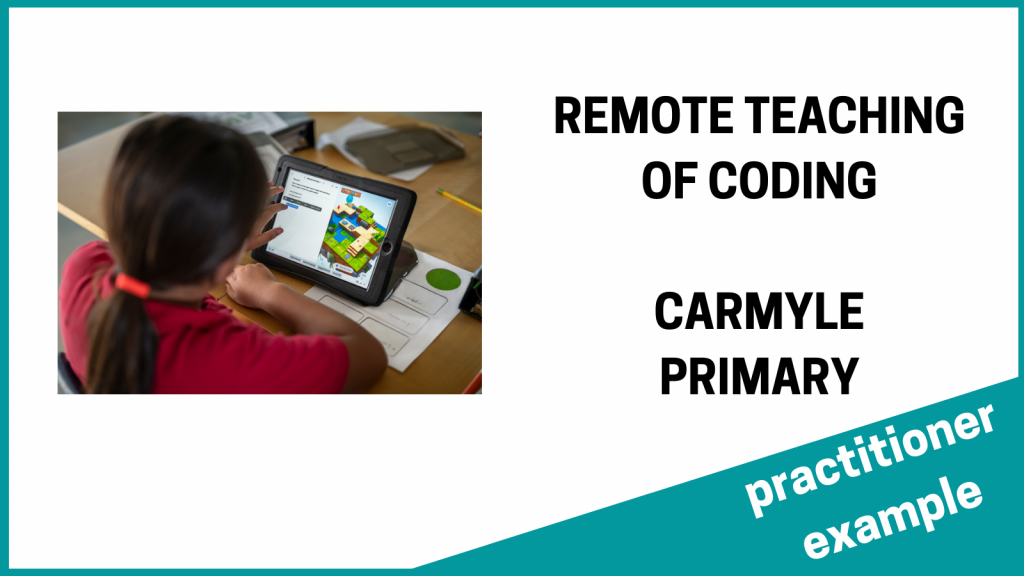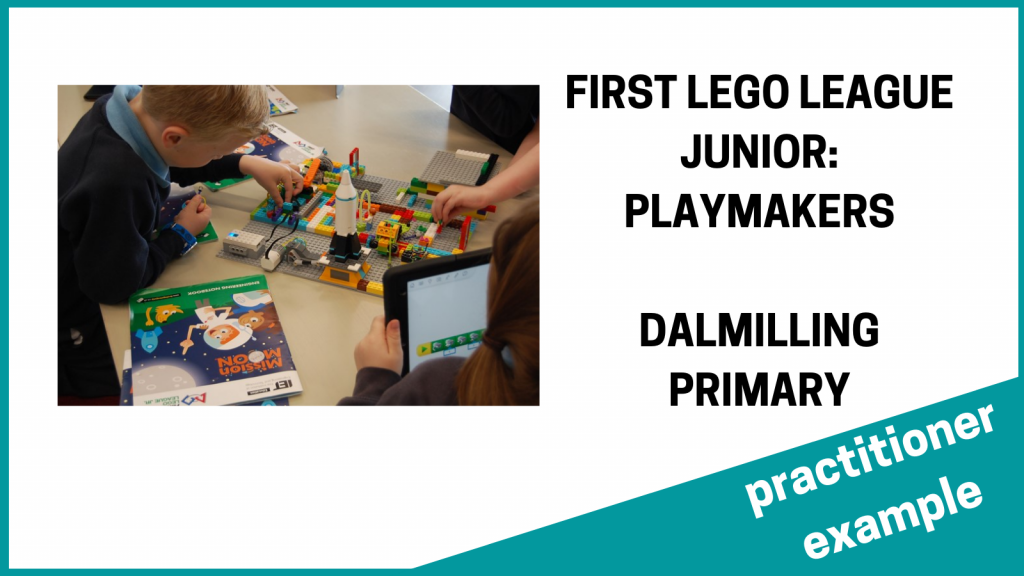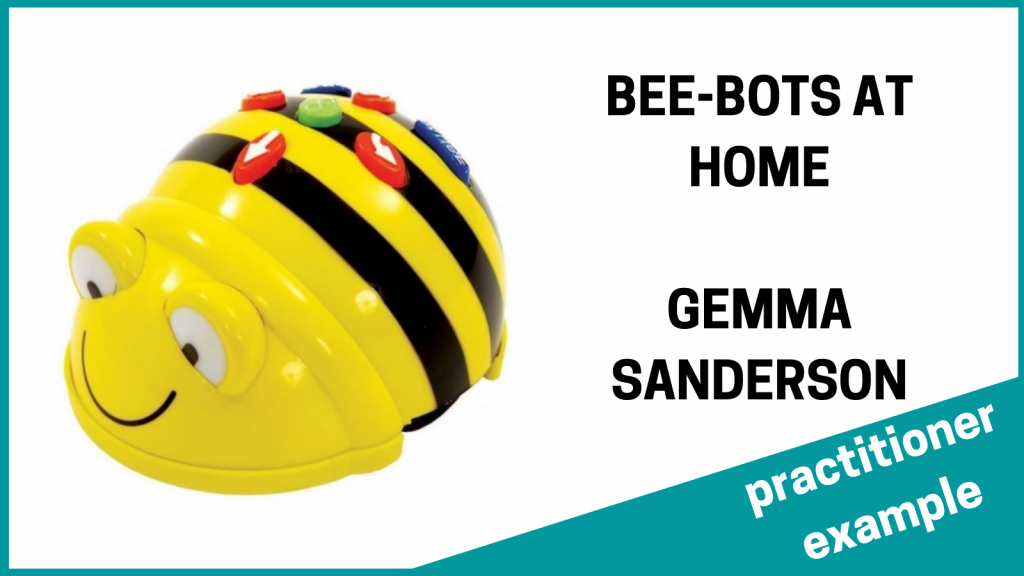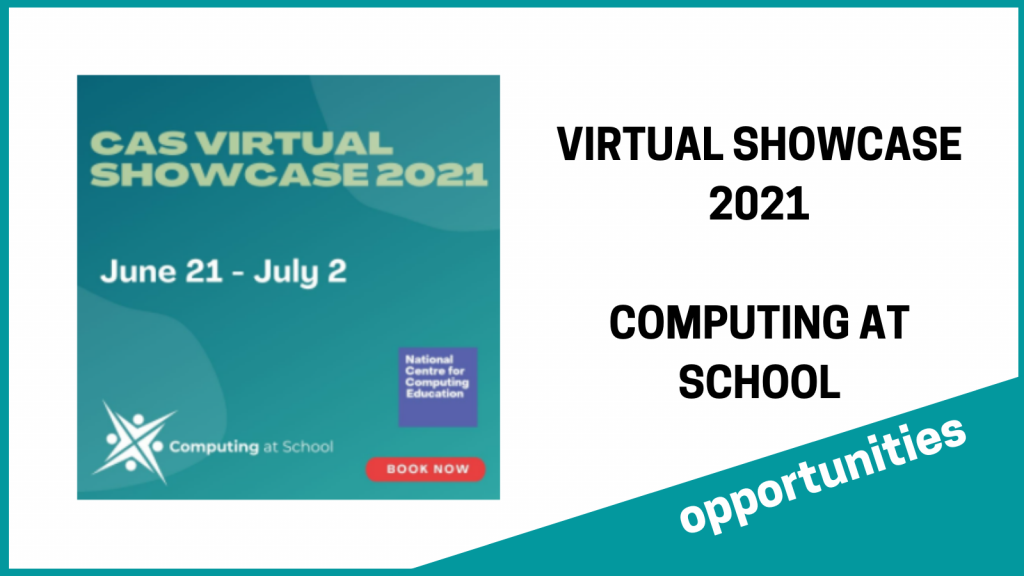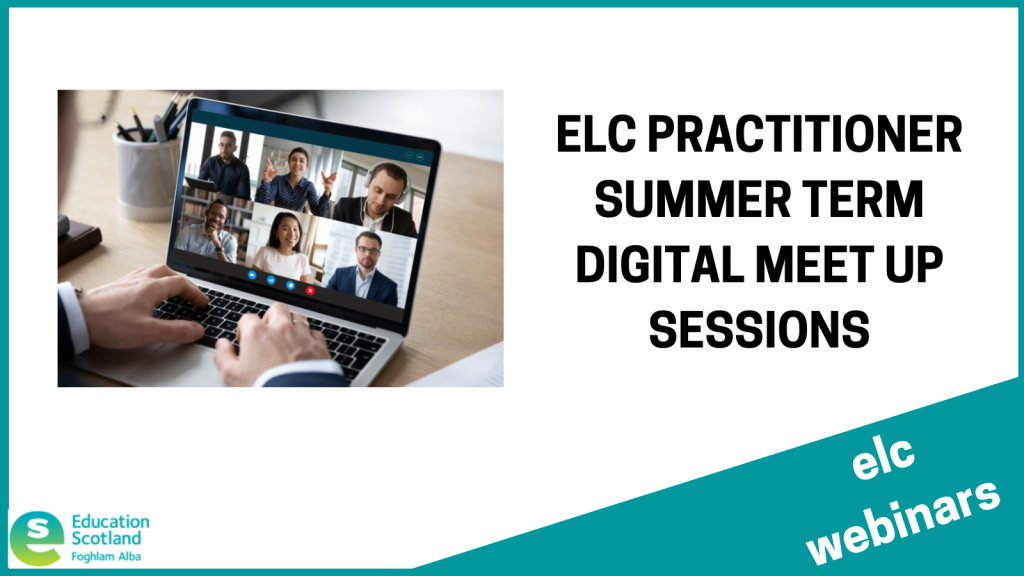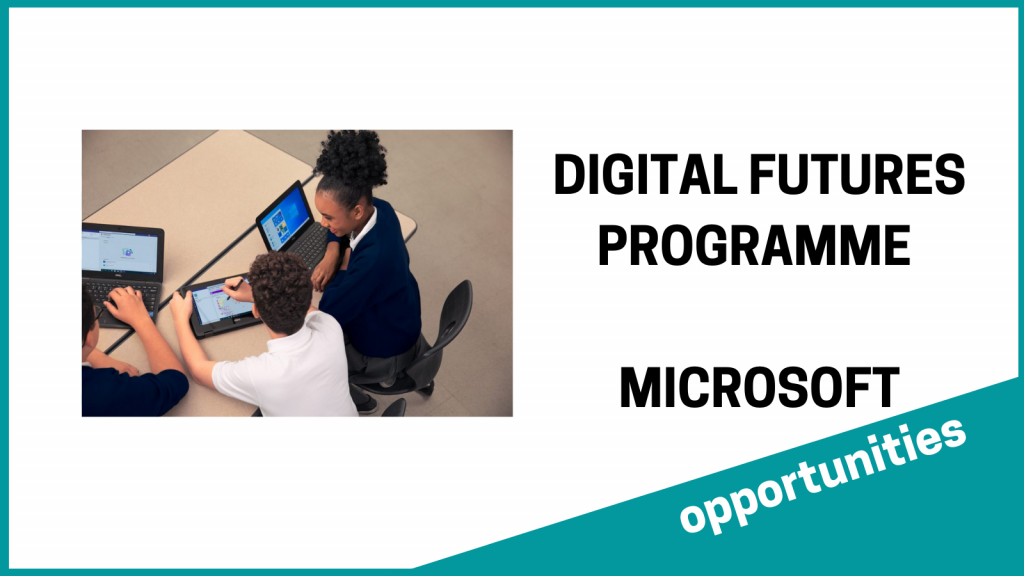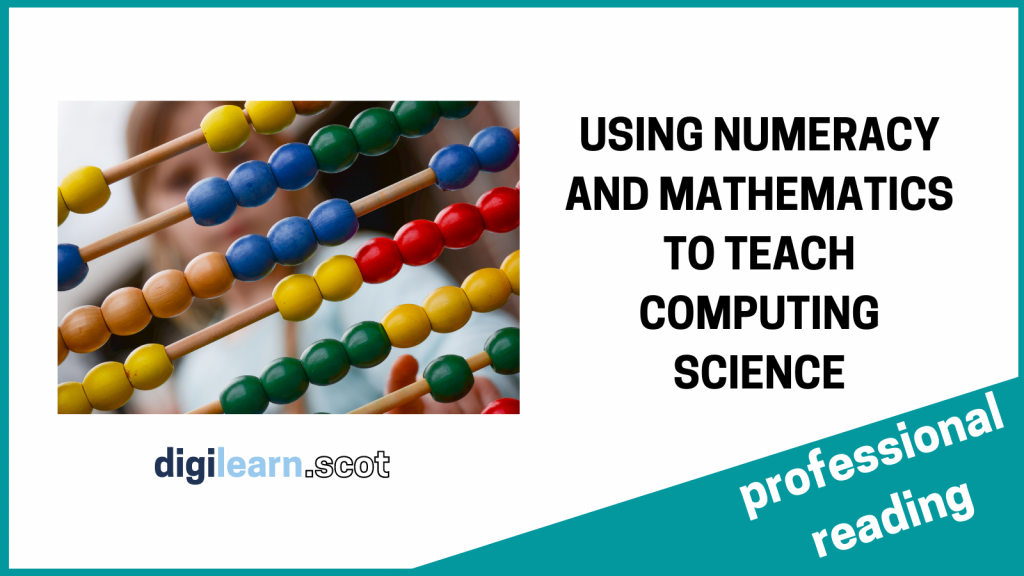
Coding the Future – initiative to allow all 9-13 year olds to experience coding (@NAC_CodeClubs)
This post was written by Rosslyn Lee (@RosJLee), Digital Skills Coordinator for North Ayrshire Council. The programme has delivered Computing Science to primary and secondary learners across the authority. Most of the knowledge came from the team’s personal interests in coding and digital. Code Club Scotland and Barefoot Computing provided training that supported the programme.
Coding the Future – North Ayrshire Council
In May 2017, North Ayrshire Council made a pledge to tackle the digital skills gap by providing access to Code Clubs for all learners aged 9–13 by August 2020.
The ‘Coding the Future’ project team, including staff from Customer and Digital Services and Education has the aim of expanding and supporting Code Clubs across the authority. The first step was to look for volunteer staff to become STEM Ambassadors. North Ayrshire Council allows their staff to volunteer within the community for 14 hours per calendar year.
Approximately 40 staff became STEM Ambassadors and were part of a ‘train the trainer’ approach. Their objective was to support schools to set up their own clubs, taking a step back once the staff felt confident to run the clubs by themselves. We had some training from Code Club Scotland to start us off. This eventually led to a core group of 8-10 people delivering support to schools.
In addition to this training, some staff attended a Barefoot Computing session.
Schools were advised that they could request help from a volunteer to start up a Code Club. We tried to work this on a geographical basis, depending on where the volunteer lived. Some schools set up weekly clubs for a term, some for an academic year and some on a more ad hoc basis.
In addition to individual school clubs, two of the team ran a club most Saturdays at Irvine Library which was always well attended, in fact at times oversubscribed.
We ran two very successful Summer Code Camps in 2018 and 2019. These ran for a week in July and operated from 10am until 3pm each day, with lunches provided by North Ayrshire Council. The limit on participants was 25, although we could have organised a couple of camps such was the interest. Unfortunately, this was not possible as staff were using holidays to run the camp.
At camp, the young people had a variety of activities to choose from including Scratch coding, Python, Raspberry Pis, Microbits, Spheros, Virtual Reality headsets, Merge Cube AR, 3D printing, 360 degree photography and video making.
At the end of the week we held a challenge – participants had to make their own robot using a Sphero, plastic cups and various other craft items including balloons. We invited parents to come in on the Friday afternoon to enable the young people to show them what they had experienced and created during the week. We also had visits from the Leader of the Council, a couple of NAC Heads of Service and two of the Digital Skills Team from Education Scotland.
During these visits our young people very ably demonstrated and taught our visitors about the devices they had been using during the week, including a safety talk about the use of VR Headsets.
We also ran a successful Learn to Code Day for staff one Saturday in November 2019, supported and funded by a STEM Grant from Education Scotland. Activities ranged from unplugged coding to Raspberry Pis and Codapillars to Python. Participants were from primary and secondary schools as well as members of our Family Learning Team.
In December 2019 as part of Computing Science Education Week, we held an event where North Ayrshire Council employees could bring their children into work at the end of the day, to learn how to code. This session attracted children of varying ages and we had children coding with Scratch as well as using devices such as BlueBots, Dash and Spheros.
We were delighted that the project won the North Ayrshire Achieves Award ‘Skills for Life’ in 2018 which recognised the work we had already done and our ambitions for the future.
In February 2020 we were included in EdTech50 for 2020 as one of the projects in the UK shaping technology across the UK.
Unfortunately the initiative was hit by COVID early in 2020 and has not yet resumed. However we hope to run a Summer Camp in 2022 and depending on the virus, be able to support individual schools- in session 21-22 with clubs and staff with training.
Coding the Future – North Ayrshire Council
In May 2017, North Ayrshire Council made a pledge to tackle the digital skills gap by providing access to Code Clubs for all learners aged 9–13 by August 2020.
The ‘Coding the Future’ project team, including staff from Customer and Digital Services and Education has the aim of expanding and supporting Code Clubs across the authority. The first step was to look for volunteer staff to become STEM Ambassadors. North Ayrshire Council allows their staff to volunteer within the community for 14 hours per calendar year.
Approximately 40 staff became STEM Ambassadors and were part of a ‘train the trainer’ approach. Their objective was to support schools to set up their own clubs, taking a step back once the staff felt confident to run the clubs by themselves. We had some training from Code Club Scotland to start us off. This eventually led to a core group of 8-10 people delivering support to schools.
In addition to this training, some staff attended a Barefoot Computing session.
Schools were advised that they could request help from a volunteer to start up a Code Club. We tried to work this on a geographical basis, depending on where the volunteer lived. Some schools set up weekly clubs for a term, some for an academic year and some on a more ad hoc basis.
In addition to individual school clubs, two of the team ran a club most Saturdays at Irvine Library which was always well attended, in fact at times oversubscribed.
We ran two very successful Summer Code Camps in 2018 and 2019. These ran for a week in July and operated from 10am until 3pm each day, with lunches provided by North Ayrshire Council. The limit on participants was 25, although we could have organised a couple of camps such was the interest. Unfortunately, this was not possible as staff were using holidays to run the camp.
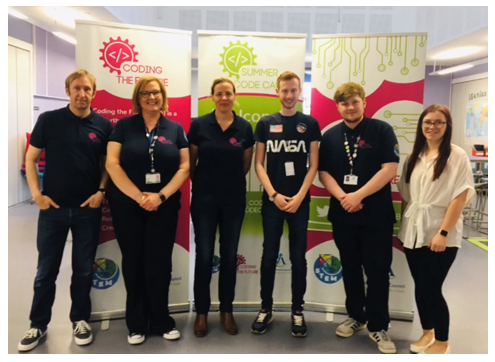
At camp, the young people had a variety of activities to choose from including Scratch coding, Python, Raspberry Pis, Microbits, Spheros, Virtual Reality headsets, Merge Cube AR, 3D printing, 360 degree photography and video making.
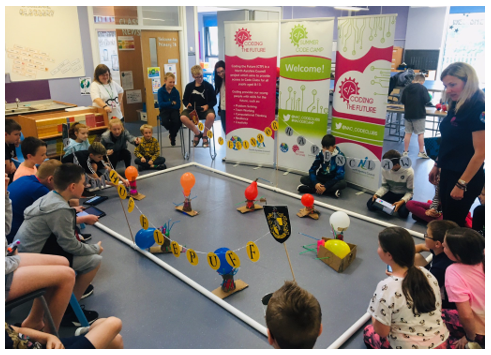
At the end of the week we held a challenge – participants had to make their own robot using a Sphero, plastic cups and various other craft items including balloons. We invited parents to come in on the Friday afternoon to enable the young people to show them what they had experienced and created during the week. We also had visits from the Leader of the Council, a couple of NAC Heads of Service and two of the Digital Skills Team from Education Scotland.
During these visits our young people very ably demonstrated and taught our visitors about the devices they had been using during the week, including a safety talk about the use of VR Headsets.
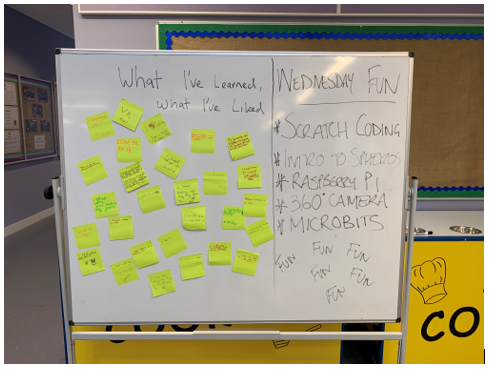
We also ran a successful Learn to Code Day for staff one Saturday in November 2019, supported and funded by a STEM Grant from Education Scotland. Activities ranged from unplugged coding to Raspberry Pis and Codapillars to Python. Participants were from primary and secondary schools as well as members of our Family Learning Team.
In December 2019 as part of Computing Science Education Week, we held an event where North Ayrshire Council employees could bring their children into work at the end of the day, to learn how to code. This session attracted children of varying ages and we had children coding with Scratch as well as using devices such as BlueBots, Dash and Spheros.
We were delighted that the project won the North Ayrshire Achieves Award ‘Skills for Life’ in 2018 which recognised the work we had already done and our ambitions for the future.
In February 2020 we were included in EdTech50 for 2020 as one of the projects in the UK shaping technology across the UK.
Unfortunately the initiative was hit by COVID early in 2020 and has not yet resumed. However we hope to run a Summer Camp in 2022 and depending on the virus, be able to support individual schools- in session 21-22 with clubs and staff with training.


